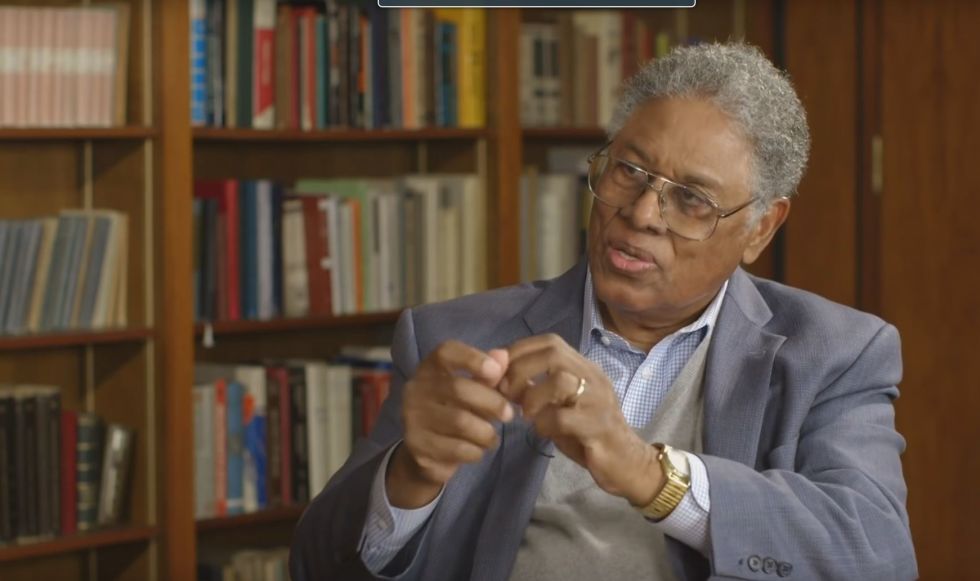Many years ago, as a young man, I read a very interesting book about the rise of the Communists to power in China. In the last chapter, the author tried to explain why and how this had happened.
Among the factors he cited were the country’s educators. That struck me as odd, and not very plausible, at the time. But the passing years have made that seem less and less odd, and more and more plausible. Today, I see our own educators playing a similar role in creating a mindset that undermines American society.
Schools were once thought of as places where a society’s knowledge and experience were passed on to the younger generation. But, about a hundred years ago, Professor John Dewey of Columbia University came up with a very different conception of education — one that has spread through American schools of education, and even influenced education in countries overseas.
John Dewey saw the role of the teacher, not as a transmitter of a society’s culture to the young, but as an agent of change — someone strategically placed, with an opportunity to condition students to want a different kind of society.
A century later, we are seeing schools across America indoctrinating students to believe in all sorts of politically correct notions. The history that is taught in too many of our schools is a history that emphasizes everything that has gone bad, or can be made to look bad, in America — and that gives little, if any, attention to the great achievements of this country.
If you think that is an exaggeration, get a copy of “A People’s History of the United States” by Howard Zinn and read it. As someone who used to read translations of official Communist newspapers in the days of the Soviet Union, I know that those papers’ attempts to degrade the United States did not sink quite as low as Howard Zinn’s book.
That book has sold millions of copies, poisoning the minds of millions of students in schools and colleges against their own country. But this book is one of many things that enable teachers to think of themselves as “agents of change,” without having the slightest accountability for whether that change turns out to be for the better or for the worse — or, indeed, utterly catastrophic.
This misuse of schools to undermine one’s own society is not something confined to the United States or even to our own time. It is common in Western countries for educators, the media and the intelligentsia in general, to single out Western civilization for special condemnation for sins that have been common to the human race, in all parts of the world, for thousands of years.
Meanwhile, all sorts of fictitious virtues are attributed to non-Western societies, and their worst crimes are often passed over in silence, or at least shrugged off by saying some such thing as “Who are we to judge?”
Even in the face of mortal dangers, political correctness forbids us to use words like “terrorist” when the approved euphemism is “militant.” Milder terms such as “illegal alien” likewise cannot pass the political correctness test, so it must be replaced by another euphemism, “undocumented worker.”
Some think that we must tiptoe around in our own country, lest some foreigners living here or visiting here be offended by the sight of an American flag or a Christmas tree in some institutions.
In France between the two World Wars, the teachers’ union decided that schools should replace patriotism with internationalism and pacifism. Books that told the story of the heroic defense of French soldiers against the German invaders at Verdun in 1916, despite suffering massive casualties, were replaced by books that spoke impartially about the suffering of all soldiers — both French and German — at Verdun.
Germany invaded France again in 1940, and this time the world was shocked when the French surrendered after just 6 weeks of fighting — especially since military experts expected France to win. But two decades of undermining French patriotism and morale had done their work.
American schools today are similarly undermining American society as one unworthy of defending, either domestically or internationally. If there were nuclear attacks on American cities, how long would it take for us to surrender, even if we had nuclear superiority — but were not as willing to die as our enemies were?


